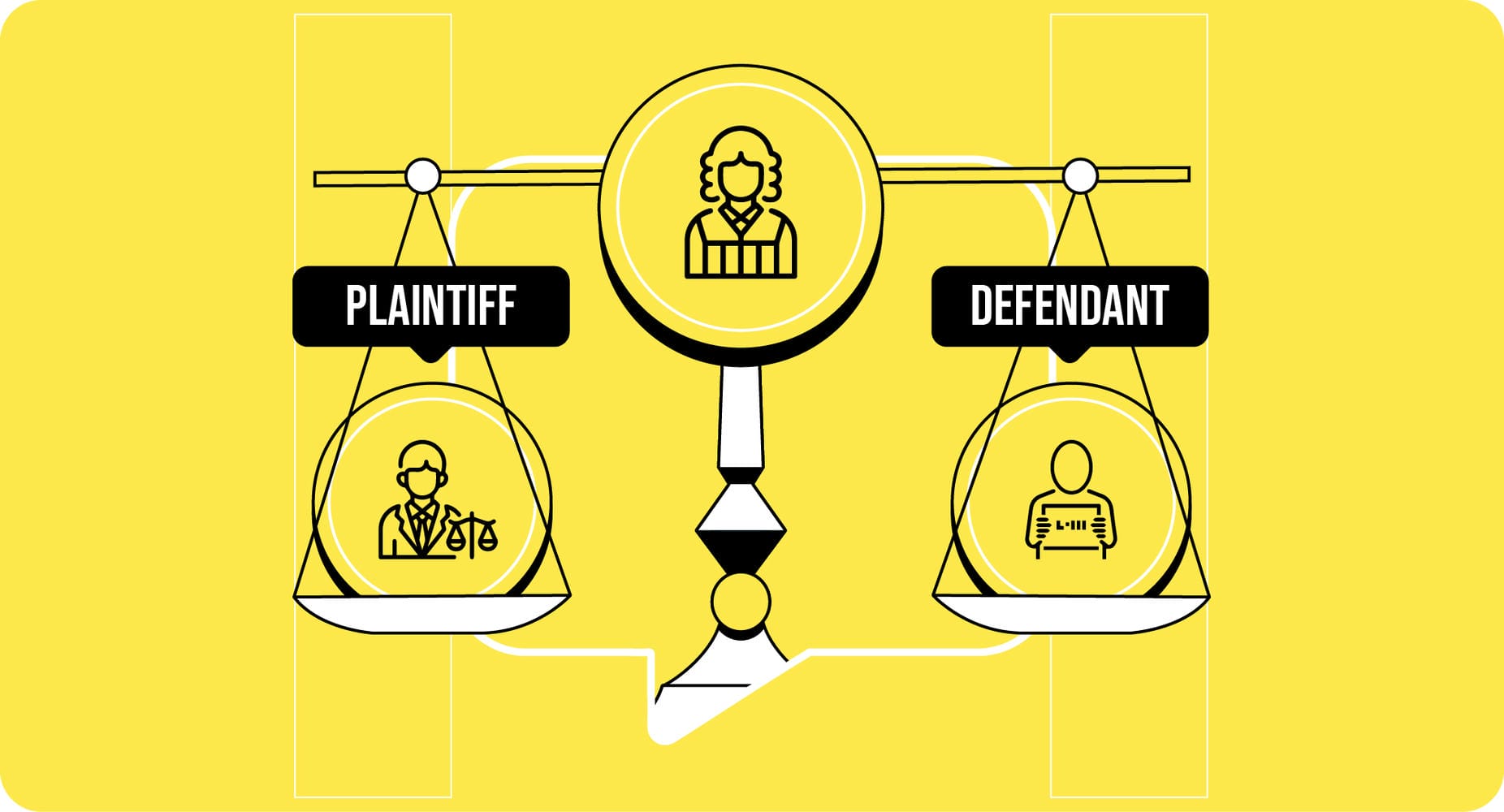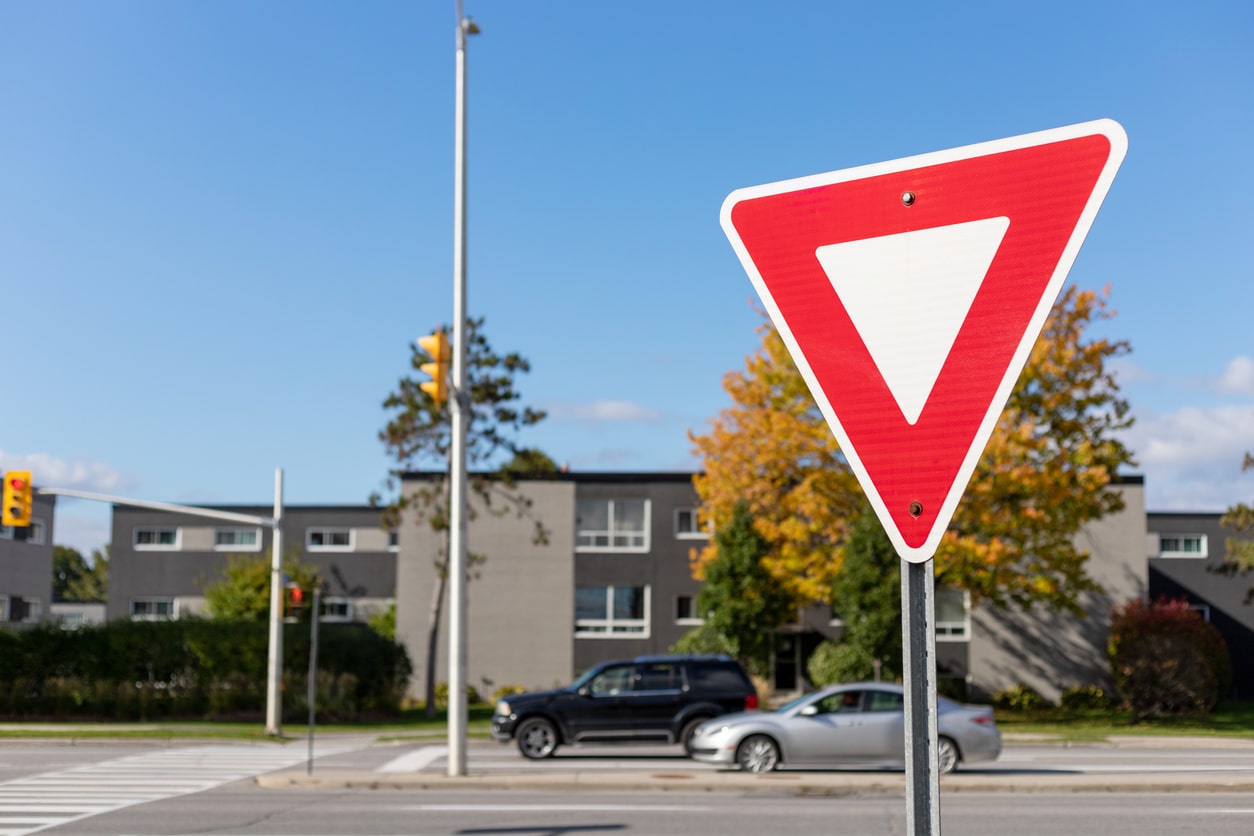
A defendant is the party being sued or accused in a legal case. In personal injury cases, the defendant is often the individual, company, or entity alleged to have caused harm through negligence or wrongful actions, such as a driver in a car accident, a property owner in a premises liability case, or a manufacturer in a product liability claim. The defendant is responsible for responding to the allegations, presenting their defense, and may be held liable for damages if found legally responsible. At 770GoodLaw, we help plaintiffs hold defendants accountable, ensuring that our clients receive fair compensation for injuries and losses caused by the defendant’s actions.
Role of the Defendant in a Personal Injury Case
The defendant’s role in a personal injury case involves responding to the allegations, presenting their side of the story, and defending against claims of liability. Key aspects of the defendant’s role include:
- Responding to the Complaint: The defendant must formally respond to the plaintiff’s complaint, often through an attorney, to either admit or deny the allegations and present defenses.
- Participating in Discovery: The defendant is involved in the discovery process, where both parties exchange evidence, documents, and witness statements to build their respective cases.
- Presenting a Defense: The defendant may present evidence, call witnesses, or provide expert testimony to argue that they were not responsible or that the plaintiff’s injuries are not as severe as claimed.
- Negotiating a Settlement: In many cases, the defendant may choose to negotiate a settlement with the plaintiff to resolve the case outside of court, potentially reducing costs and avoiding a trial.
- Appearing in Court: If the case goes to trial, the defendant presents their defense before a judge or jury, aiming to refute liability or minimize the compensation awarded.
Common Defenses Used by Defendants in Personal Injury Cases
Defendants often present defenses to reduce or eliminate their liability in personal injury cases. Common defenses include:
- Denial of Negligence: The defendant may argue that they acted responsibly and did not breach any duty of care, thereby avoiding liability.
- Comparative Negligence: In cases where the plaintiff may share some fault, the defendant might argue that the plaintiff’s own actions contributed to their injuries, potentially reducing the defendant’s liability.
- Assumption of Risk: The defendant may claim that the plaintiff knowingly engaged in a risky activity, accepting the potential dangers involved.
- Lack of Causation: The defendant might argue that their actions did not directly cause the plaintiff’s injuries or that an unrelated factor is responsible.
- Pre-Existing Conditions: In some cases, the defendant may argue that the plaintiff’s injuries were due to pre-existing conditions rather than the defendant’s actions.
Legal Process for Defendants in Personal Injury Cases
Defendants in personal injury cases must navigate a series of legal steps to defend against the plaintiff’s claims. Important steps in the defendant’s legal process include:
- Receiving the Complaint: The defendant is formally notified of the lawsuit through a complaint, which outlines the plaintiff’s claims and requested damages.
- Hiring Legal Representation: Defendants typically hire an attorney to help them navigate the legal process, build a defense, and protect their rights.
- Filing an Answer: The defendant must file a response, known as an “answer,” to the complaint, either admitting or denying the allegations and outlining any defenses.
- Engaging in Discovery: Both parties exchange evidence and witness information in the discovery phase, allowing the defendant to gather facts that support their defense.
- Attending Depositions and Hearings: The defendant may participate in depositions, where they answer questions under oath, and attend pre-trial hearings to address procedural matters.
- Preparing for Trial or Settlement: If the case proceeds to trial, the defendant’s attorney prepares a defense strategy. Alternatively, the defendant may negotiate a settlement to resolve the case out of court.
Potential Outcomes for Defendants in Personal Injury Cases
The outcome for a defendant in a personal injury case can vary based on the strength of the evidence, the defenses presented, and the willingness of both parties to negotiate. Possible outcomes include:
- Judgment in Favor of the Plaintiff: If the court finds the defendant liable, they may be ordered to pay damages to compensate the plaintiff for medical expenses, lost income, pain, and suffering.
- Settlement Agreement: Many cases are resolved through a negotiated settlement, where the defendant agrees to pay a specific amount to avoid trial.
- Case Dismissal: If the defendant successfully argues that the plaintiff’s case lacks merit, the case may be dismissed by the court.
- Reduction in Damages: If comparative negligence applies, the defendant’s liability may be reduced based on the plaintiff’s share of fault, resulting in lower damages.
Importance of the Defendant in the Plaintiff’s Case
For plaintiffs, identifying the correct defendant and proving their liability is essential for obtaining compensation. The defendant’s actions, relationship to the plaintiff, and adherence to the duty of care are key elements in establishing fault. Successfully holding the defendant accountable ensures that the plaintiff receives compensation for damages, including medical expenses, lost wages, and emotional distress, caused by the defendant’s actions.
How 770GoodLaw Assists Clients in Cases Involving Defendants
At 770GoodLaw, we support plaintiffs by building a strong case against the defendant, demonstrating their liability, and advocating for fair compensation. Our approach includes:
- Identifying the Appropriate Defendant: We ensure that the correct party or parties are named in the lawsuit, which may include individuals, companies, or multiple parties.
- Gathering Evidence of Liability: Our team collects evidence, such as eyewitness statements, photographs, and expert opinions, to establish the defendant’s duty of care and breach.
- Navigating the Discovery Process: We handle all aspects of discovery, including document requests and depositions, to gather facts that support the plaintiff’s claim.
- Negotiating Settlements: Our attorneys negotiate with the defendant’s legal team to pursue a fair settlement, often resolving the case without the need for a lengthy trial.
- Representing Clients in Court: If the case goes to trial, we present a compelling case against the defendant, aiming to secure the compensation our clients deserve.
Importance of Legal Representation in Personal Injury Cases Involving Defendants
Establishing liability against a defendant requires legal expertise, knowledge of personal injury law, and effective presentation of evidence. Skilled legal representation ensures that plaintiffs can hold defendants accountable and obtain the compensation needed for recovery. At 770GoodLaw, we provide dedicated support for clients, guiding them through each stage of the legal process to maximize their recovery and ensure that justice is served.
Why Choose 770GoodLaw for Personal Injury Cases Against Defendants
Our commitment to Relentless Reliability and Sincetegrity drives us to provide comprehensive, client-centered support in personal injury cases. At 770GoodLaw, we work tirelessly to protect our clients’ rights, secure fair compensation, and hold defendants accountable for their actions.


